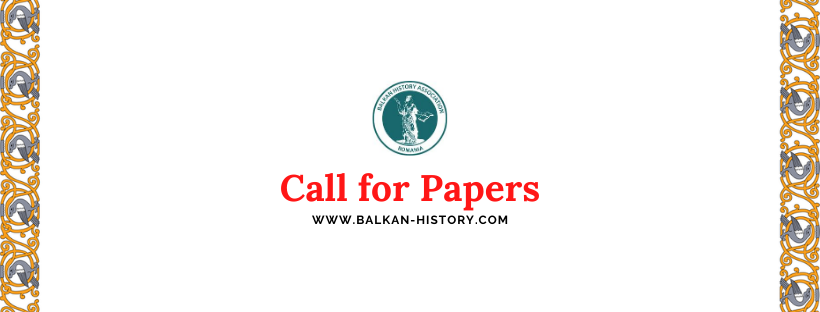
The Balkans always were and continue to be the struggle area of the Great Powers on the diplomatic and intelligence field/level. Thus, they have played a prominent role in European intelligence and diplomatic activities over the past centuries, numerous intelligence organizations being present in them, openly or covertly. At the same time, practitioners and historians agree that intelligence cooperation there – often referred to as liaison – has its roots in nineteenth-century efforts to exchange information on anarchism and war.
This volume will go into the history of intelligence and diplomacy in the Balkan region. The aim of the volume is to analyse and put into debate various facets (practical and theoretical) of intelligence and diplomacy activities in the Balkans and to provide a better understanding on how has developed over the years those two complementary domains.
Paper proposals on every issue relating to the volume theme are welcome, with special emphasis on: intelligence and diplomacy as complementary domains; intelligence and diplomatic cooperation; cultural framework of intelligence and diplomatic activities; people, talent and human capital in intelligence and diplomacy; intelligence structures and intelligence-gathering, protecting intelligence and diplomatic communication.
We especially encourage paper proposals from young researchers, doctoral students, established scholars and former practitioners.
Submission procedure
Please submit your proposal, including the title of your manuscript, an abstract (up to 300 words) and short bio (up to 100 words) to all editors. The abstracts should include the research question and purpose, the approach and main ideas, and results. No figures, tables, footnotes, or endnotes should be included in the abstract. All submitted studies will be peer-reviewed and the revision process will start immediately after the deadline.
Deadlines
March 15, 2021: Submit proposals to editors
April 30, 2021: Notification of accepted proposals
July 15, 2021: Receipt of full studies for review
August 30, 2021: Revised studies re-submitted to editors
October 15, 2021: Approved studies delivered to publisher
Editors
Mihaela TEODOR (National Institute for Intelligence Studies, Romania), teodor.mihaela@animv.eu
Matthew CROSSTON (Bowie State University, USA), matthew.crosston@gmail.com
Jordan BAEV (Rakovski National Defense College, Bulgaria), jordan.baev@gmail.com
Bogdan TEODOR (National Intelligence Academy, Romania), teodor.bogdan@animv.eu
